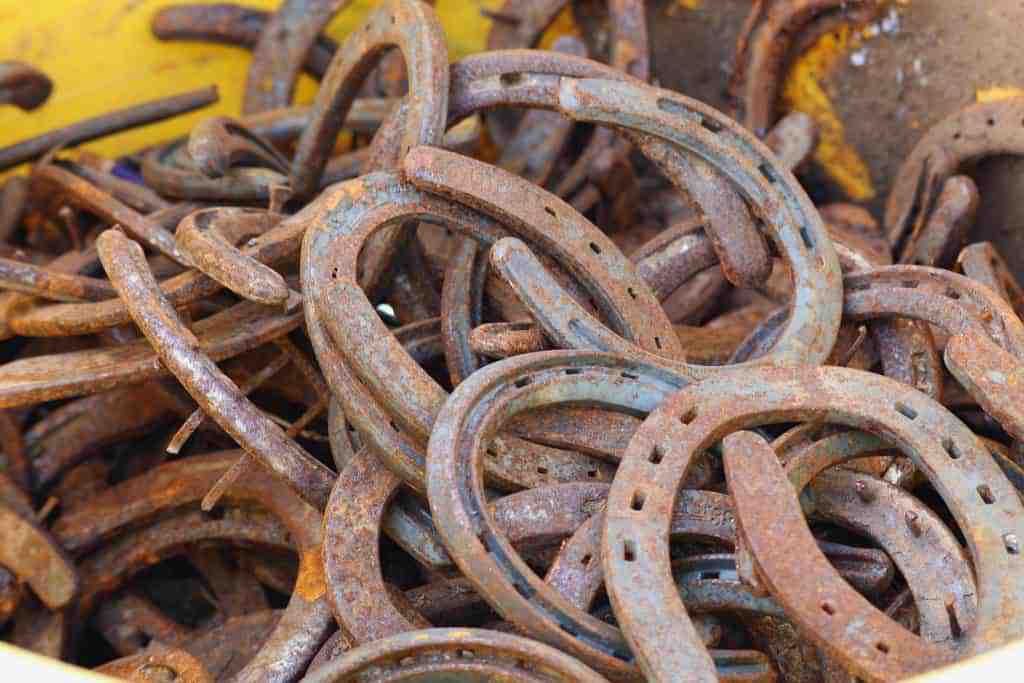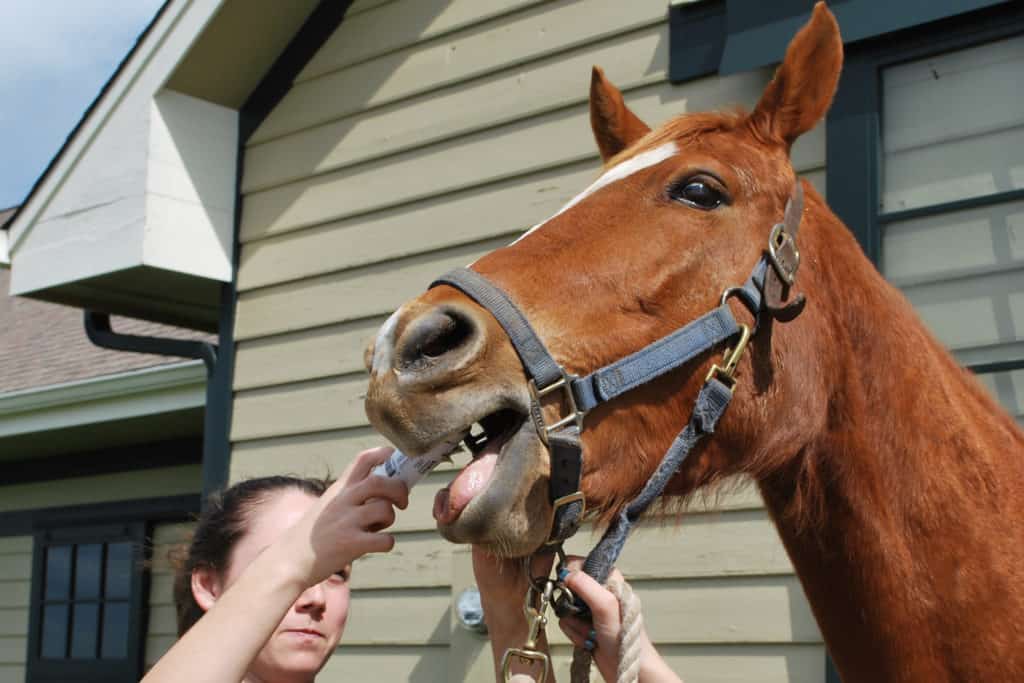New Queensland Hendra Virus Case, Human Exposure Confirmed
At least five people were exposed to the hendra-positive horse before he died on July 27.
At least five people were exposed to the hendra-positive horse before he died on July 27.
The 8-year-old gelding, who became sick and died on July 23, had no vaccination history.
The horses reportedly became ill and showed nervous signs before being put down at the owners’ request.
A foal died after contracting hendra. Two other horses and two dogs remain on the now quarantined property.
The properties where there were confirmed cases of hendra virus in May were released from quarantine July 12.
More than 60 suspected cases of pigeon fever in horses have occurred in Florida this year.

The field of footing science involves understanding how different kinds of footing affect equine health.

Owners should consider creating surfaces that minimize pastures damage and reduce horse health risks.
The positive test results were returned June 27 after the horse became “gravely ill” on June 26.

Horse owners share their tips for reusing select items to save money around the barn.
Jane Myers is an equestrian and small-acreage horse farm expert in both Australia and the United Kingdom who recently spent seven weeks traveling North America.

Researchers compiled a set of best management practices to help reduce horse-related environmental pollution.
One case of EHV-1 was confirmed at a Douglas County farm in May. The affected horse was euthanized.

Farm owners can take steps to minimize the introduction and spread of infectious equine diseases.

Dr. Martin Nielsen of UK’s Gluck Equine Research Center presents recent equine parasite-control case studies.
A horse residing on the Lake County farm was euthanized and subsequently tested EHV-1 positive in May.
Stay on top of the most recent Horse Health news with
"*" indicates required fields